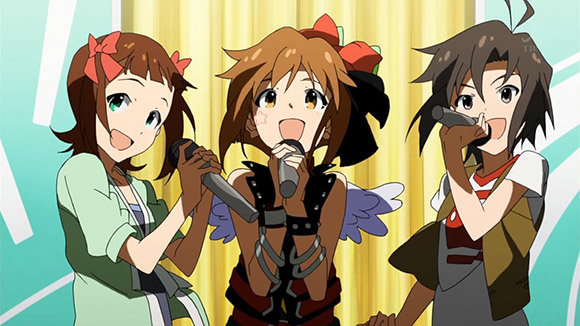I, of course, am a card-carrying language geek, loving the study of language and all its unique aspects and drinking in TV programs like that BBC documentary on the history of the English language. So when I saw that last Sunday happened to be the 175th anniversary of the first time the word “OK” appeared in print, I thought it was pretty cool. It’s such a humble and unassuming word, yet one we all use dozens of times per day around the world. The word OK is used commonly in Japan, likely introduced through the occupation of Allied forces in the years after WWII, and it’s as familiar to the Japanese as the word “hello.” In Japan the opposite of OK is NG (for “no good”), which seems to be an archaic American or British word that the Japanese kept on using, as I’ve seen it crop up in old British science fiction stories. Fun fact: karaoke was invented in Japan 1971, formed from 空 kara meaning “empty” (the kara in karate by the way) and オケ oke, an abbreviation of the English word “orchestra.” In Chinese-speaking countries karaoke is written 空OK.

I’d love to go for some Kara-OK right now.














